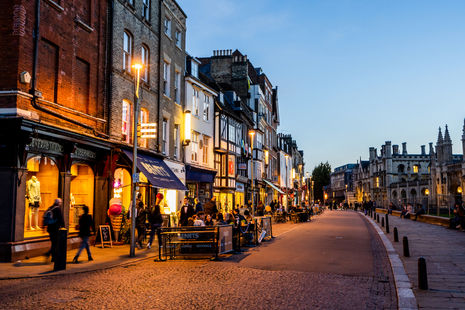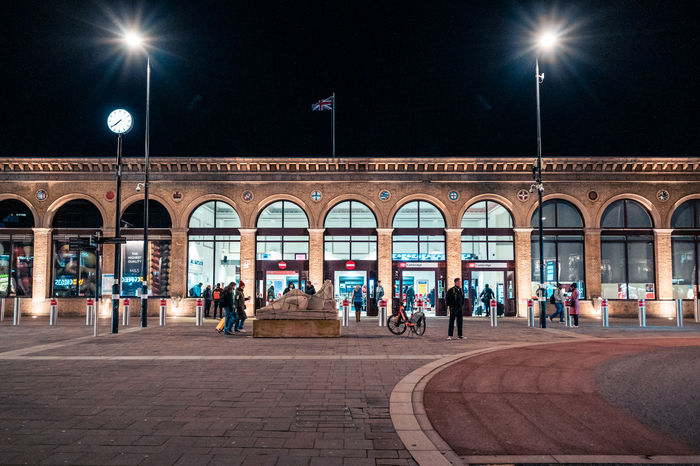Cambridge launches plan to bridge ‘town and gown’ divide
The civic framework aims to strengthen ties between the University and local community, following months of consultation

The University of Cambridge has launched a new “civic framework” to strengthen ties between the institution and the wider city.
The framework follows months of consultation through a “listening exercise” that invited local residents, students, staff, and community partners to share how they see the University’s role in Cambridge life. More than 1,700 people took part.
The consultation found that 88% of participants felt the University “makes a positive contribution to Cambridge and the wider region”. Around seven in ten said they had some connection to the University through work, study, research, or community events.
One in five, however, reported little or no connection, calling for a more visible and transparent presence. The results suggest a “town and gown” divide, with many valuing the University but reportedly feeling distanced from it.
Vice-Chancellor Professor Deborah Prentice acknowledged this divide, describing Cambridge as “a vibrant yet unequal city”. She said that while the University’s colleges and laboratories drive innovation and opportunity, “not everyone benefits equally from them.”
The new framework aims to address this imbalance by guiding how the University engages with local communities, businesses, and charities. It outlines two priorities: opening up Cambridge’s physical, cultural, and intellectual spaces, and supporting educational and skills development – particularly for young people across the region.
For students, the framework promises new opportunities to volunteer, take part in outreach, and collaborate with local organisations. It also aims to foster stronger integration between the University and the city.
Cambridge City Council has welcomed the move. Councillor Cameron Holloway, Leader of Cambridge City Council, called it “a step towards” confronting housing inequality and access to opportunity. “The challenges our city faces – from housing to inequality – require all of us to work together,” he said.
 Comment / The (Dys)functions of student politics at Cambridge19 January 2026
Comment / The (Dys)functions of student politics at Cambridge19 January 2026 Arts / Exploring Cambridge’s modernist architecture20 January 2026
Arts / Exploring Cambridge’s modernist architecture20 January 2026 Theatre / The ETG’s Comedy of Errors is flawless21 January 2026
Theatre / The ETG’s Comedy of Errors is flawless21 January 2026 Features / Exploring Cambridge’s past, present, and future18 January 2026
Features / Exploring Cambridge’s past, present, and future18 January 2026 News / Local business in trademark battle with Uni over use of ‘Cambridge’17 January 2026
News / Local business in trademark battle with Uni over use of ‘Cambridge’17 January 2026










